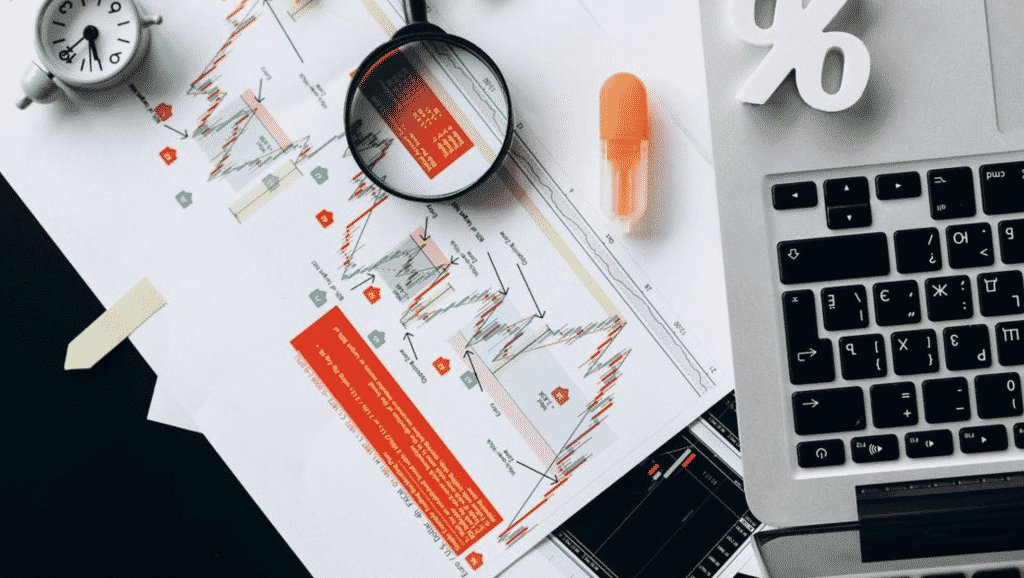Forex trading has changed a lot over the past 10 years and there is no denying that using technology is at the heart of this change. With technology not just aiding the execution of a trade but also monitoring the market and predicting trends. Trading technology, more specifically, is a real and very disruptive development in the forex market and the effect it is having on the industry is easily visible to the naked eye. If you are looking for forex technology providers, you can go to reputable X Open Hub.
Forex technology is helping traders beat the market and companies looking to outsmart the competition. With technology on their side, traders are becoming more creative and more innovative. It’s no secret that the way we trade currencies and commodities is changing. Here are few ways how trading technology is changing Forex trading.

New FX Trading Platforms
Traders have more access to new FX trading platforms. Gone are the days of the traditional large and illiquid forex broker – with the advent of many more small and relatively liquid trading platforms.
These smaller firms have the advantage of being able to offer more competitive and cost-effective service compared to their larger competitors. For this reason, it is easy to see why many traders are choosing to trade on these platforms.
Automation Changes Forex Trading
The use of computer systems and algorithms has become widespread in forex trading. Traders are no longer limited by the ability to process the larger volumes of data that used to be the norm. As a result, traders are able to shift trading strategy quickly and efficiently with the help of technology.
Although most trading machines are still extremely large and hard to use, we have seen a shift away from the more high-tech machines and instead, people are now more likely to trade using a chat program. This is a much more accessible method of trading as many clients are having difficulty operating large computing systems.
Trading software is still in its infancy. It is common for traders to run trading programs that are years out of date. However, the industry is very much at the starting stages of this technological revolution.
More Markets Open to Cryptocurrencies
Trading in currencies and commodities was long dominated by large companies. However, these companies are finding that they are no longer able to maintain their dominance and are being challenged by a large number of smaller trading firms.
This poses a threat to larger financial companies and the forex market as a whole. As a result, many firms are now looking to seize opportunities to diversify their operations. This includes the addition of new cryptocurrencies to their investment portfolios.
This is helping to expand the scope and range of tradable assets. While this presents challenges for the sector as a whole, it is helping to increase market liquidity. Traders can now buy and sell cryptocurrencies on a more global scale than ever before. A best Institutional Liquidity Provider can make your work easier here by implementing new trading technology.
Intelligent Trading Software
Smart trading software is able to make decisions for traders based on their market insights. The software continually monitors the markets to learn and identify trends. This allows the software to suggest trades and adapt to market conditions quickly.
For example, if it learns that a commodity price is going up, it can automatically buy the commodity at the higher price. This should increase profits, which the software can then redistribute to the trader.
Trading bots have become a fixture of the trading sector. Such is their influence; they now outstrip human traders in terms of ability and are able to make the majority of trades that they suggest.
Final Verdict
Technology is rapidly changing the trading world. As a result, there is no doubt that the forex market is going through significant changes. Traders need to be careful, however, as many of the new technology changes may not be beneficial to their careers or their bottom line. It may also prove that some traders are better off doing nothing than attempting to adapt to the changes that are happening right now.
